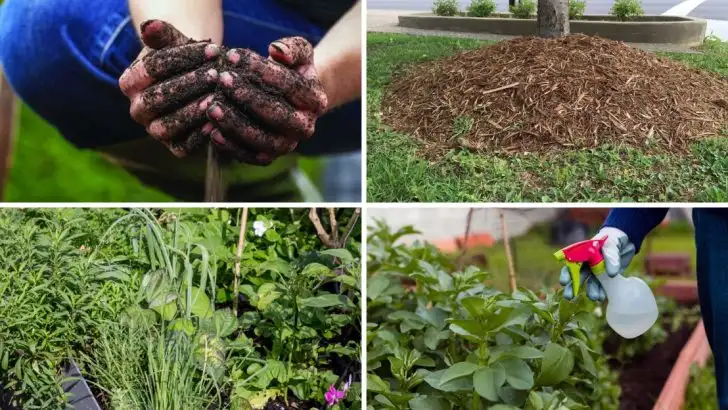Gardening advice is everywhere—blogs, books, TikToks—and it seems like everyone has a trick that promises to make things easier. But sometimes, those so-called shortcuts end up causing more trouble than they’re worth. It’s easy to fall for them when you’re trying to save time or just make things simpler.
This list takes a closer look at some of those popular “quick fixes” that might actually be setting you back. From well-meaning hacks to common time-savers, we’re breaking down which ones are more hassle than help, and why skipping them might be the better move.
Planting Without Soil Testing
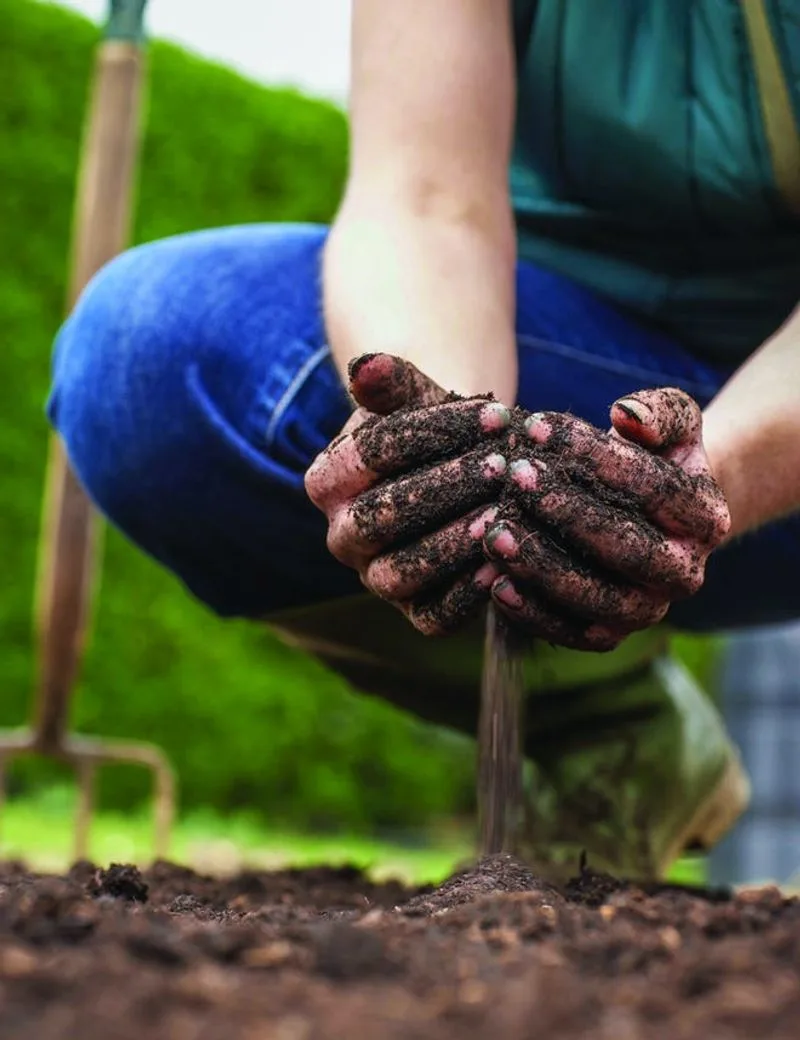
Imagine the frustration of lovingly planting your garden only to watch your plants struggle to thrive. Skipping soil testing might seem like you’re saving time, but it can lead to nutrient deficiencies or toxicities. Every soil is unique, and understanding its makeup is crucial.
Without this knowledge, you might over-fertilize or choose plants that simply won’t make it. A simple soil test can prevent these issues, ensuring your plants receive the right nutrients.
Consider it the first step to a flourishing garden rather than a shortcut to skip.
Over-Mulching
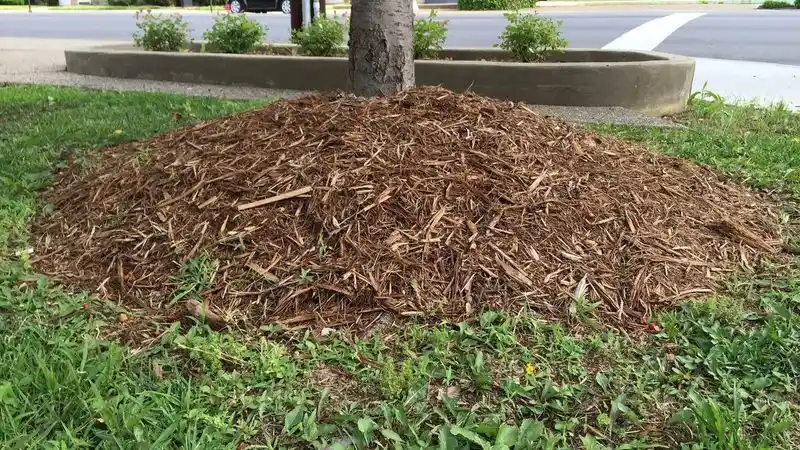
Mulch is a gardener’s best friend, but too much of a good thing can be harmful. Piling mulch too high around plants might seem protective, but it can suffocate roots and attract pests. In warm, moist conditions, mulch can harbor fungi and mold.
Proper mulching involves knowing the right amount and spacing it correctly. This helps retain soil moisture without causing root rot or suffocation.
Instead of blindly mulching, take the time to understand your plants’ needs, ensuring mulch aids rather than hinders their growth.
Ignoring Plant Spacing
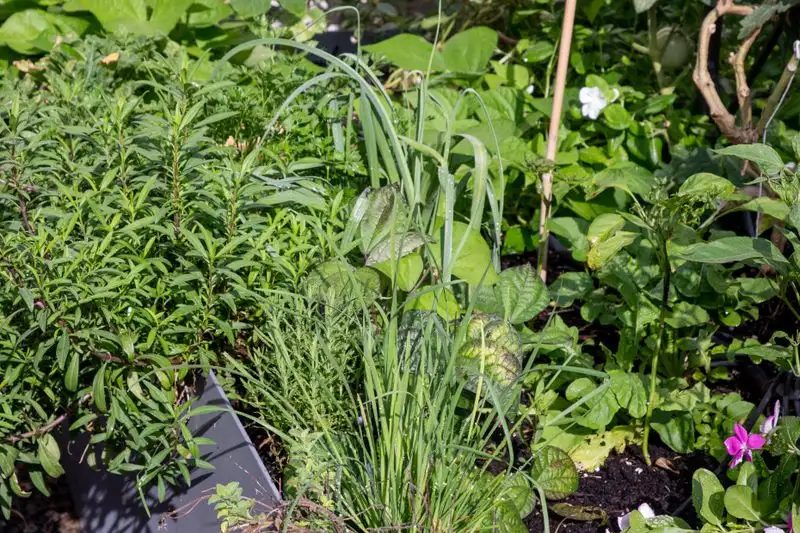
Craving a lush garden, you plant closely together with dreams of vibrant growth. But ignoring proper spacing can lead to competition for light, water, and nutrients.
Overcrowded plants struggle, often becoming prone to disease due to poor air circulation. Each plant needs its space to thrive, just like people need room to breathe and grow.
Taking time to follow recommended spacing guidelines ensures a healthier garden. It’s tempting to squeeze in that extra plant, but in gardening, more isn’t always merrier.
Quick Fix Chemical Solutions
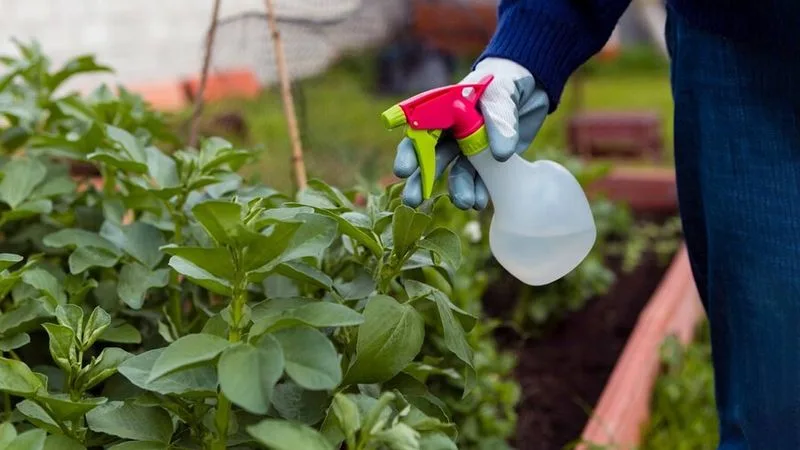
Reaching for chemical solutions might seem like a quick fix for garden problems, but they often create more issues in the long run. Overuse can harm beneficial insects and lead to resistant pests and diseases.
It’s like using a sledgehammer to crack a nut—effective but with unintended damage. Natural pest control methods, though requiring patience, promote a balanced ecosystem.
Opting for integrated pest management can lead to a sustainable, thriving garden. Remember, not all bugs are bad; some are your allies.
Skipping Regular Pruning
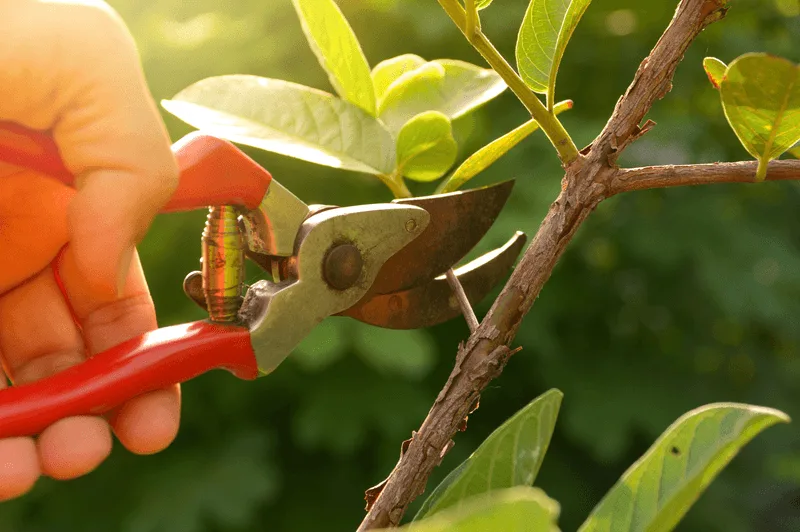
Pruning might seem like a task for the overly meticulous, but skipping it can lead to tangled, overgrown plants. Without regular pruning, plants can become woody and less productive.
Imagine a wild, untamed garden where beauty gets lost in chaos. Pruning promotes healthier growth, better air circulation, and fruitful blooms.
It might seem daunting, but a little snip here and there can work wonders. Regular pruning is less about removing and more about nurturing.
Using Cheap or Old Seeds
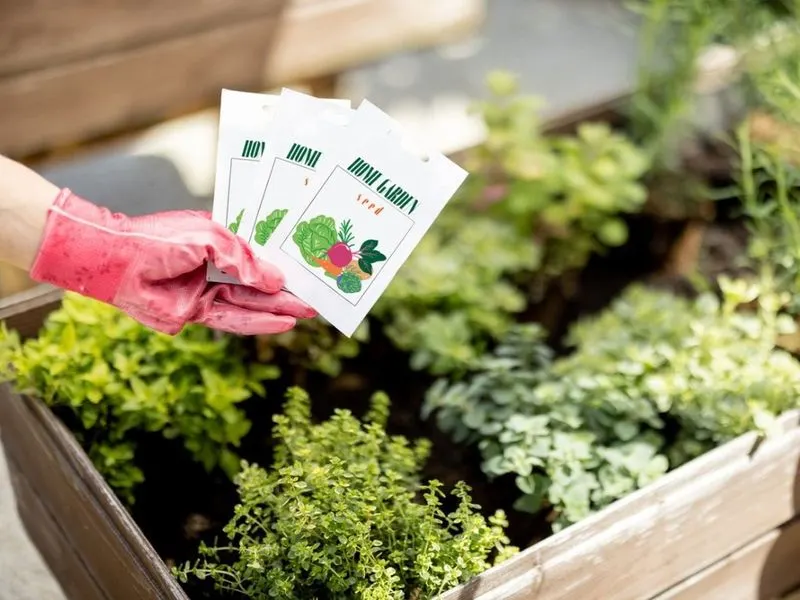
Bargain seeds might sound like a win, but they often come with hidden costs. Cheap or old seeds can result in poor germination rates and unpredictable plant quality.
Consider them a gamble that rarely pays off. Investing in quality seeds ensures you know what you’re planting and increases your chances of success.
A garden started from strong seeds promises healthier, more vibrant plants. Remember, you get what you sow, quite literally!
Watering at the Wrong Time
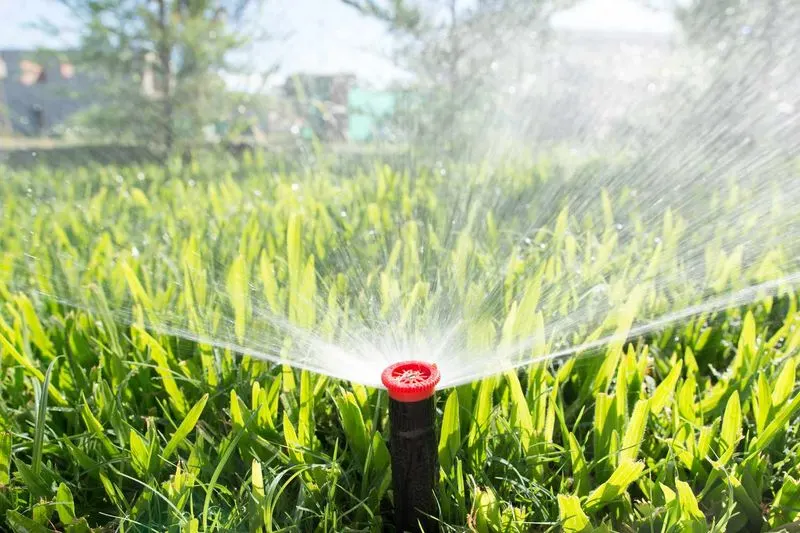
Watering your garden might seem as simple as, well, just adding water. However, doing it at the wrong time can stress your plants. Watering during the heat of the day leads to rapid evaporation, leaving roots thirsty.
Early morning or late afternoon watering allows moisture to seep into the soil, providing hydration without the harsh sun.
Timing is everything; it ensures water goes where it’s needed most, fostering a thriving garden.
Ignoring Weather Conditions
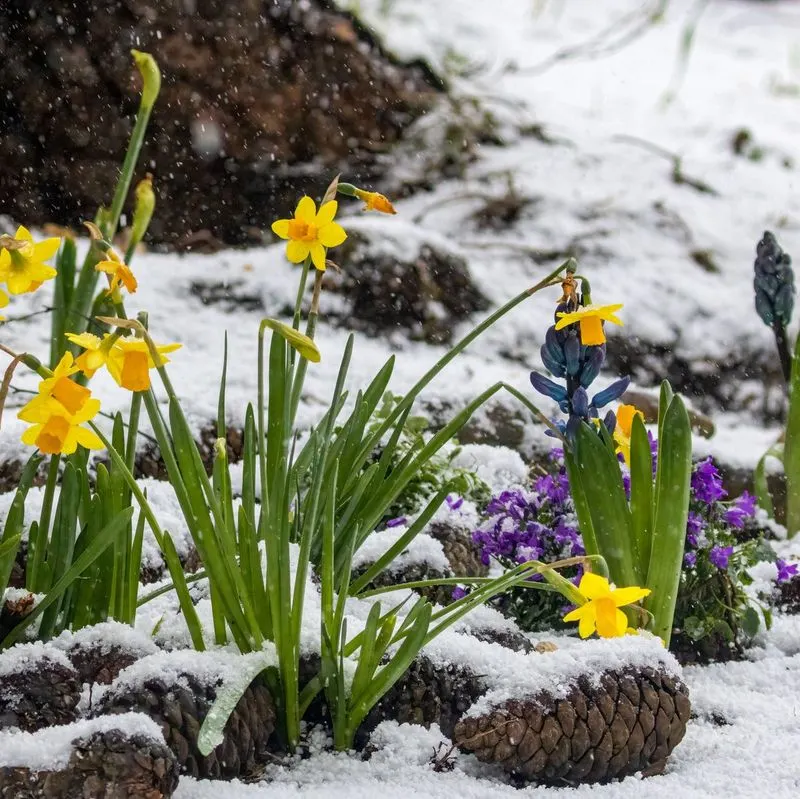
Weather can be the gardener’s biggest ally or fiercest foe. Ignoring weather conditions when planting or planning tasks can lead to disasters.
Planting during an unexpected frost or heatwave can stunt growth or kill young plants. Instead, keep an eye on the forecast and plan accordingly to protect your green investments.
Even a seasoned gardener gets caught off guard, but being vigilant ensures weather works for you, not against you.
Over-Fertilizing
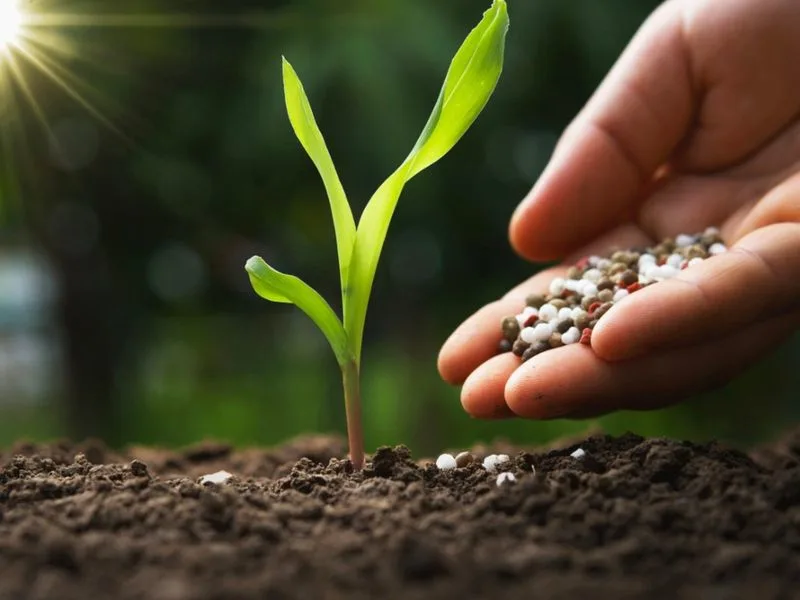
Fertilizer promises growth, but overusing it is like feeding candy to a child – too much can be harmful. Excessive fertilization can lead to nutrient imbalances and environmental harm.
Plants may show lush growth initially, but often at the expense of long-term health. Understanding your plants’ nutritional needs and using organic options ensures balanced growth.
In gardening, moderation truly is key to success.
Neglecting Pest Identification
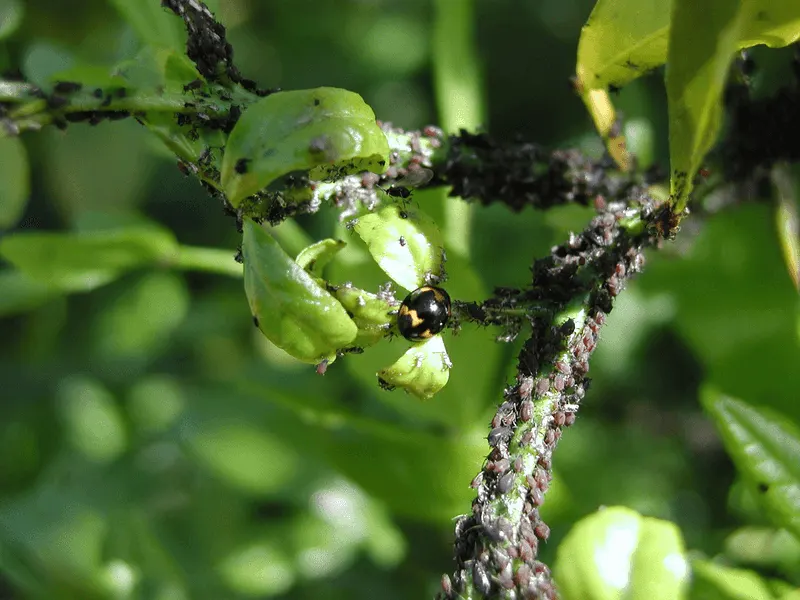
All pests aren’t created equal. Neglecting to properly identify pests can lead to improper treatment and wasted efforts. Some insects are harmless or beneficial, while others cause havoc.
Understanding the pest in question allows for targeted, effective solutions. It’s a detective work of sorts but well worth the effort.
Knowledge is power, and in gardening, it leads to healthier plants and less pesticide use.
Using the Wrong Tools
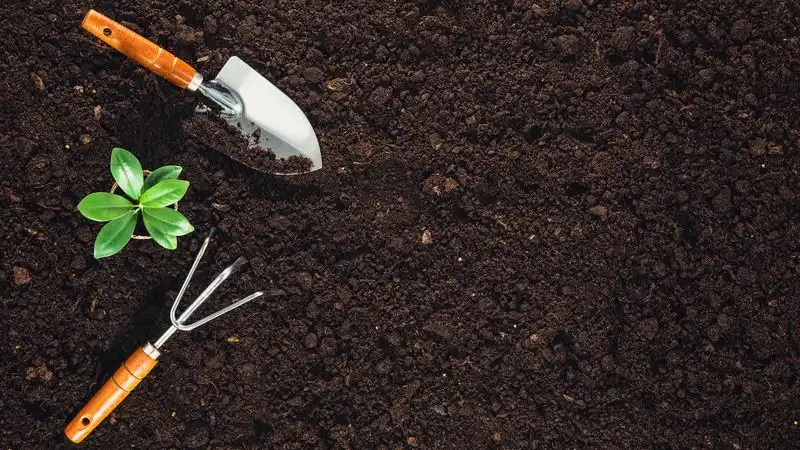
Imagine trying to write with a broken pen; frustrating, right? Using the wrong tools in gardening can have a similar effect.
Cheap or incorrect tools can make tasks inefficient and even damaging to plants. Investing in the right tools for the job saves time and effort, making gardening a joy rather than a chore.
Quality tools, well-maintained, are a gardener’s best ally in crafting nature’s masterpiece.
Ignoring Plant Labels
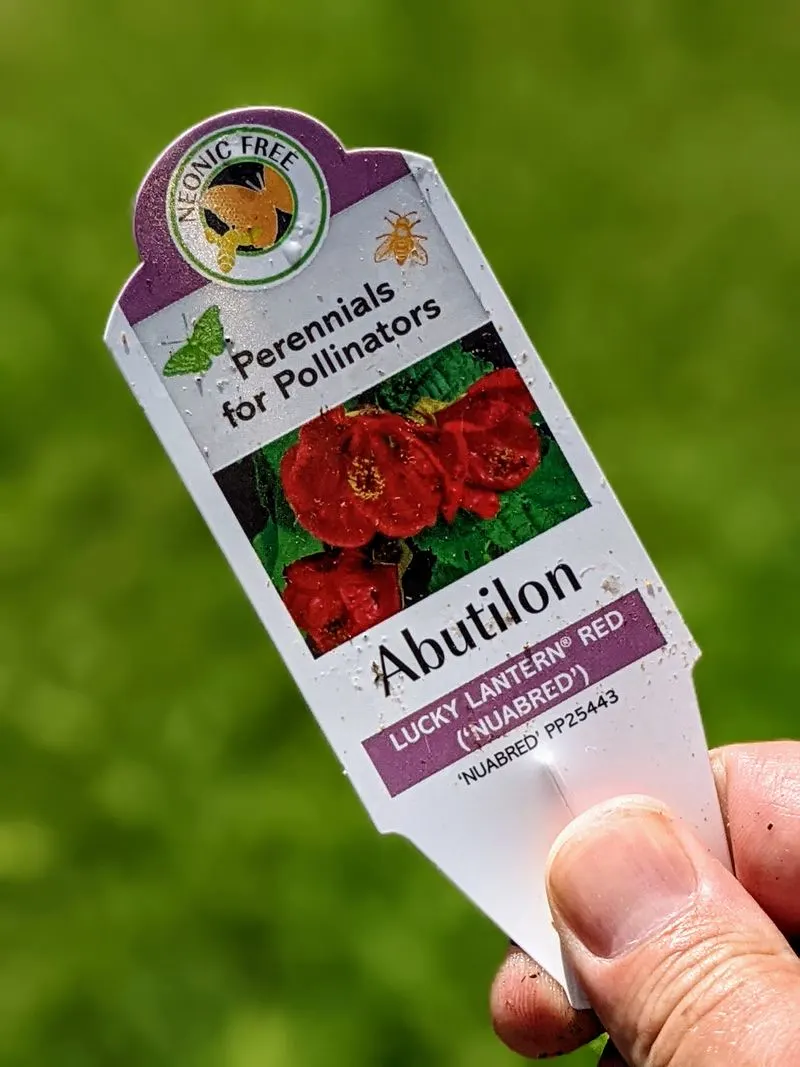
Plant labels are like road signs on your gardening journey. Ignoring them can lead to mismatches and unexpected results. Each plant has specific needs and expectations.
When labels are ignored, plants might end up in incompatible environments, leading to poor growth or even death. Embracing labels helps tailor care to individual plant requirements, ensuring a harmonious garden.
It’s like learning a plant’s language, one that speaks of care and success.
Improper Composting
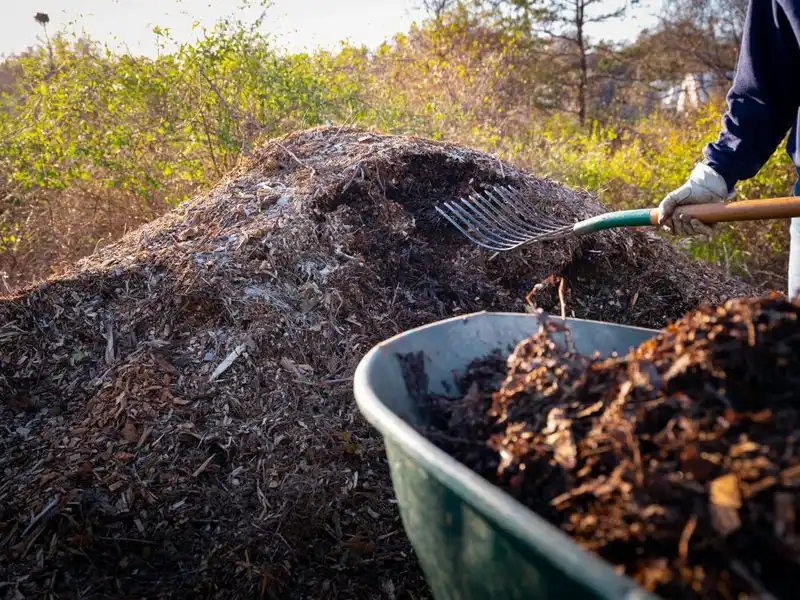
Composting is fantastic, but improperly done, it can become a smelly mess. Throwing in the wrong materials or neglecting the pile leads to imbalances.
A healthy compost needs a mix of green and brown materials, moisture, and aeration. It’s a living ecosystem that requires balance and attention.
Proper composting not only reduces waste but enriches your garden, turning scraps into gold.
Relying on Invasive Species
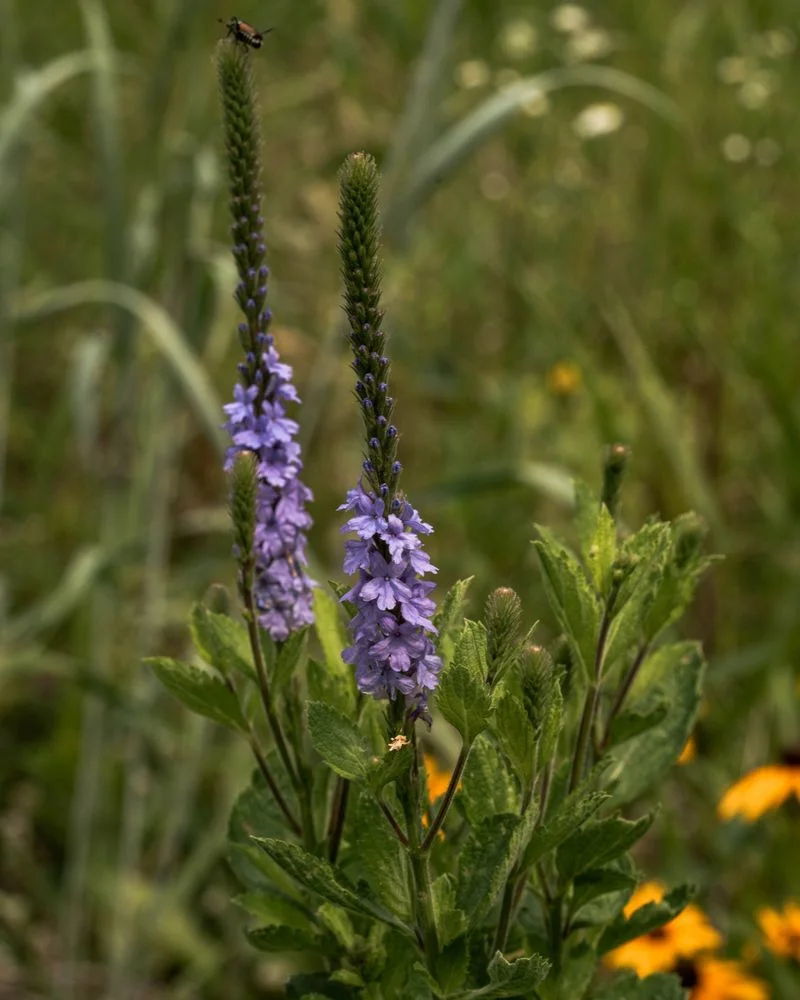
Invasive species might promise quick coverage or pest control, but they can take over, outcompeting native plants. They often become a gardener’s nightmare, requiring significant effort to control.
Instead of relying on these fast spreaders, focus on native species that support local ecosystems.
Balancing beauty with ecological responsibility ensures a garden that thrives harmoniously with its surroundings.

